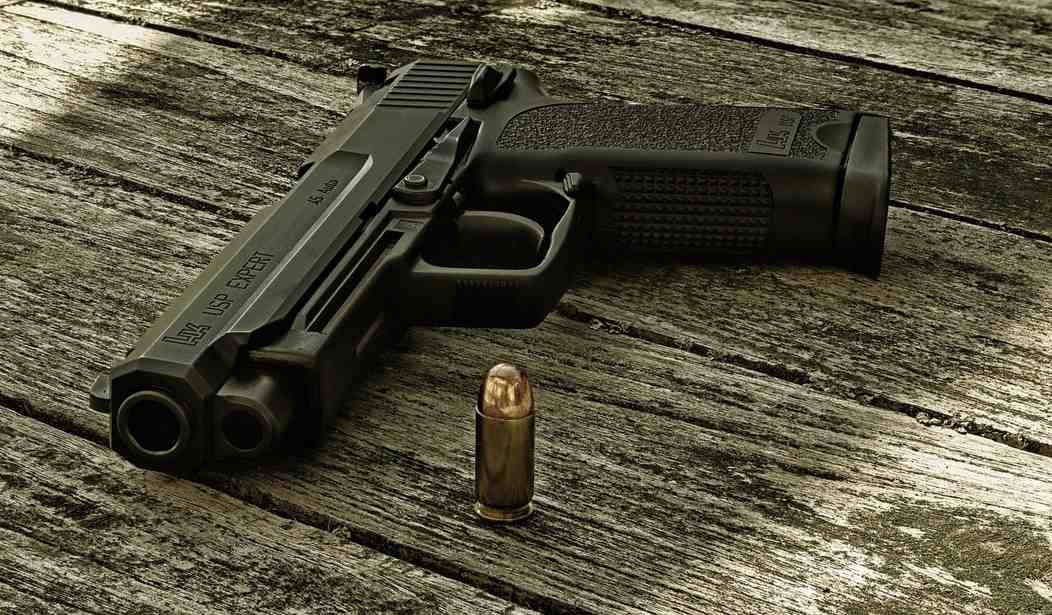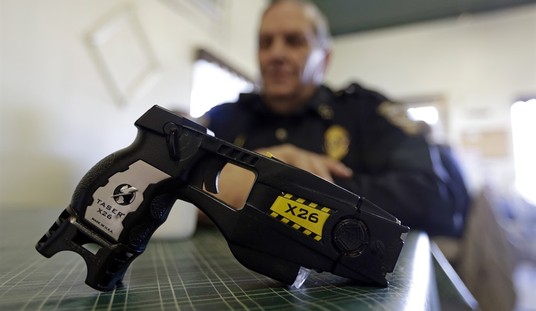For me, hearing the name “Toledo” conjures memories from my childhood.
No, I’ve never been there, but I watched M*A*S*H* a lot growing up and Klinger was from there, which sort of burned into my memory for some silly reason. Probably because Toledo almost sounded like a made-up city to me in my Southwest Georgia bubble.
But the city is a real place. It’s a real place with real problems.
Much like pretty much every other city in the nation, they’re seeing problems with violent crime, though they only seem focused on “gun crimes.” Again, much like everyone else.
Yet the city seems to be wanting to take a multi-prong approach that might just yield some results.
Week after week, new deaths bring the city’s homicide count closer to last year’s record-breaking 61. Most of the victims are young Black men from the same impoverished neighborhoods where violence and crime have been commonplace for decades.That’s the problem, Mr. Williams said.“This affects everybody. How do we come together, especially in the Black community? How do we finally say enough is enough?” he asked. “Like the quote [says], we have to face it until we change.”Toledo is trying to face it.Last fall, Mayor Wade Kapszukiewicz declared gun violence a public-health crisis and launched a new initiative challenging residents, community partners, city officials, and law enforcement to join together in finding solutions to end it.…One part of the city’s strategy to end gun violence has been to crack down on the illegal activity that precipitates it.For years the city has worked to shutter so-called “nuisance bars,” where numerous crimes are reported. But this year, the city also announced action against illegal bars, commonly referred to as after-hour clubs, which have been the site of numerous shootings and at least three homicides since 2020.To combat an influx of guns in the community, which Toledo Police Chief George Kral has said “is causing that rise in crime,” police also partnered with the Federal Bureau of Alcohol, Tobacco, Firearms, and Explosives to seize illegally owned firearms and seek harsher penalties against the carriers.
Except, guns don’t cause crime. They never have. They’re a tool used by heroes and criminals alike. They don’t make anything happen of their own volition and they don’t whisper dark things in people’s ears like the One Ring.
Moving on, though…
But it’s going to take more than policing and legal intervention to fix the problem, officials say.
They’re also working to address the root causes of gun violence: poverty, inequality, a lack of affordable housing, mental health, joblessness, and a general distrust in institutions that serve the public.
Some of those efforts are already under way.
That’s not a bad approach, to be sure, though a lot of those “root causes” aren’t necessarily. They’re suspected causes, but they’re not really the root a lot of people believe them to be.
Most of those issues can actually be solved by education. More specifically, eradicating the idea that it’s somehow a betrayal of your roots to actually try to get an education of some kind–yes, I consider trade schools education, and generally a smarter option for most people–and instead make it an imperative that everyone does so.
In the process, people will have options besides crime. While some will still embrace the criminal lifestyle, there’s nothing you can do to eradicate it entirely.
Still, I have to applaud them for at least trying to get to the root of the problem and addressing it from that standpoint. While I’m not convinced those are the roots, the overall idea of hitting the problem from all sides is clearly a much smarter approach than many communities seek to employ.








Join the conversation as a VIP Member